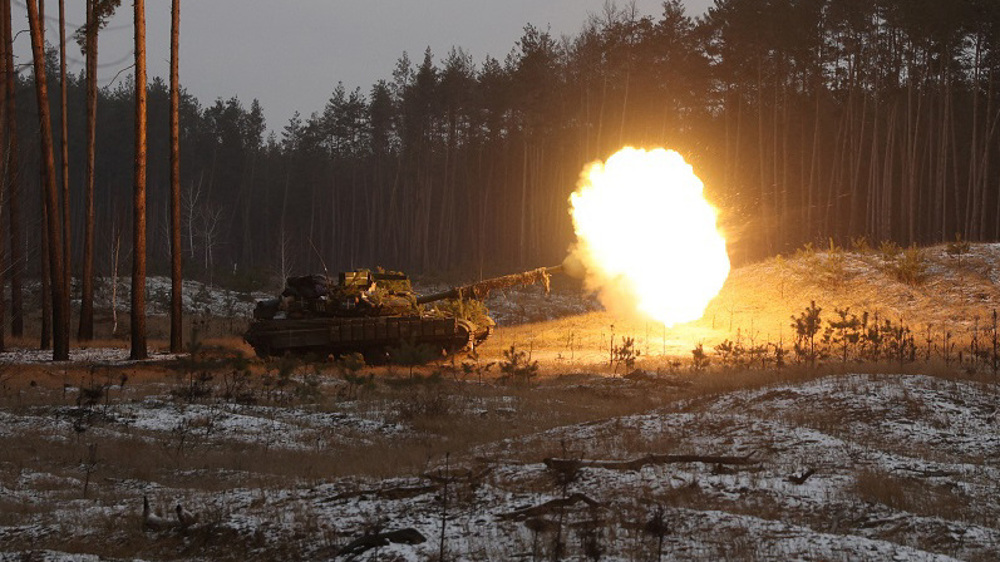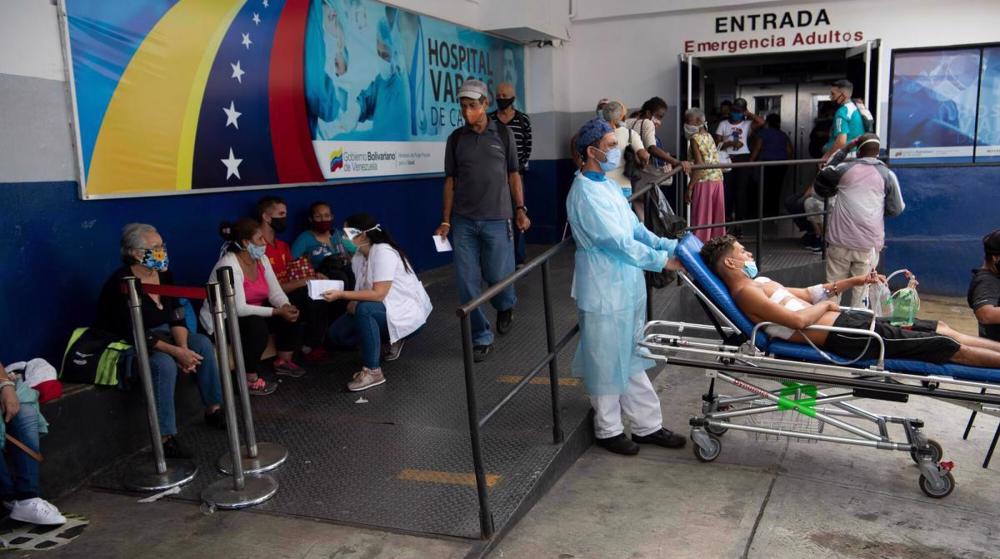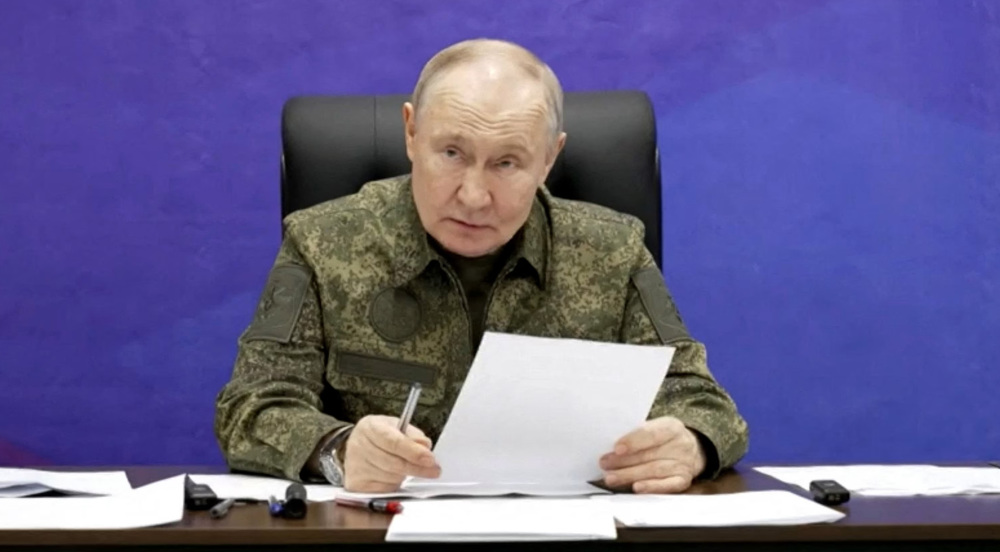US monetary control of the world will collapse if Russia resists Washington’s sanctions and survives with Chinese support during the course of the war with Ukraine, a leading historian has warned.
In an interview with Le Figaro on Friday, French historian and anthropologist Emmanuel Todd said, “If the Russian economy offers long-term resistance to sanctions and manages to bleed the European economy white and manages to survive with Chinese support, US monetary control of the world will collapse and with it, the US’ ability to finance its mammoth trade deficit for next to nothing.”
Todd stressed that the US and its European allies are involved in the war and cannot get out of it before Moscow.
“This war has become existential for the United States. It cannot get out of the conflict before Russia. They cannot let go. This explains why we are now in an open-ended war, in a confrontation that is bound to result in the collapse of one side or the other,” Todd added.
He also recalled a piece of analysis offered by Professor John Mearsheimer, a leading politician at the University of Chicago, who argued that whereas for Russia this conflict was “existential,” for the US it was just another game among other countries, and that victory or defeat in it would be of little importance to the US.
“But this analysis is insufficient. Biden now has to hurry. America is fragile and the Russian economy’s resistance is pushing the US imperial system toward the abyss. Nobody had expected the Russian economy would be able to withstand the ‘economic power’ of NATO,” Todd said, referring to Mearsheimer’s analysis.
He is convinced that the United States is in a long-term drawdown and, given its declining influence in the world, wants to push for more influence in its “main bulwarks” acquired after World War II, namely Europe and Japan.
Meanwhile, Todd went on to say that the collapse of the European economy poses many risks for the United States itself.
The expert further emphasized that the war in Ukraine “leads to a real economy that allows for gauging the real wealth of states and their productive capacity.”
He also mentioned the doubling of Russian wheat production after the imposition of the first major sanctions in 2014, as well as Russia’s leading position in the construction of nuclear power plants not only domestically but also abroad.
Todd believes that a military conflict’s outcome depends on both sides’ ability to produce weapons. The historian also notes that engaging in a war of attrition would reduce the influence of advanced US military technologies used by Ukraine
He further emphasized that “we have transferred so many industries that now we don’t know if our military factories are able to maintain their desired production speed or not.”
Russia launched the war on Ukraine in late February, following Kiev’s failure to implement the terms of the 2014 Minsk agreements and Moscow’s recognition of the breakaway regions of Donetsk and Luhansk.
Since then, the US and its European allies have imposed unprecedented waves of economic sanctions against Moscow while supplying large rafts of heavy weaponry to Kiev. Moscow has been critical of the weapons supplies to Kiev, warning that they will prolong the war.
https://www.presstv.ir/Detail/2023/01/13/696259/Russia-sanctions-monetary-control-US-imperial-system-
The prices of some life-saving medicines have soared to levels that are unaffordable for ordinary people in Venezuela as the United States has ramped up military presence in the Caribbean off Venezuela's coast, alongside escalating sanctions, blockades and military threats against the oil-rich South American nation since late August.
https://www.presstv.ir/default/Embeded/761400
At a northeastern suburb in the capital city Caracas, locals can still purchase most of the commonly used medicines at a major supermarket, where some antibiotics have been sold out, and some first-aid medicines and supplies have become too costly for ordinary residents.
"I'm here mainly to buy antibiotics. I have problems with my lungs. But I can't get all I want, such as vancomycin," said a resident named Alfonso.
"Recent tensions have affected the supplies and prices of drugs. The prices of cancer drugs, insulin drugs and albumin are very high, and most patients here cannot afford them," said Giovanna Gonzalez a ...
Russian President Vladimir Putin says Moscow is prepared to use military force to achieve the goals of its special military operation if Ukraine continues to delay peace talks.
During an inspection of a Russian armed forces command post on Saturday, Putin stressed that Moscow will not allow Kiev’s obstruction to prevent progress.
“If the Kiev authorities do not want to resolve the matter peacefully, we will accomplish all the tasks before us in the course of the special military operation by military means,” he said.
The Russian leader noted that the Ukrainian authorities are not moving toward a peaceful resolution, adding, “We see that even today, unfortunately, the leaders of the Kiev regime are in no hurry to resolve this conflict peacefully. I spoke about this a year ago in a speech at the Ministry of Foreign Affairs.”
Putin also received reports from Chief of General Staff Valery Gerasimov and commanders of Russia’s “Centre” and “East” military groups.
Meanwhile, ...















